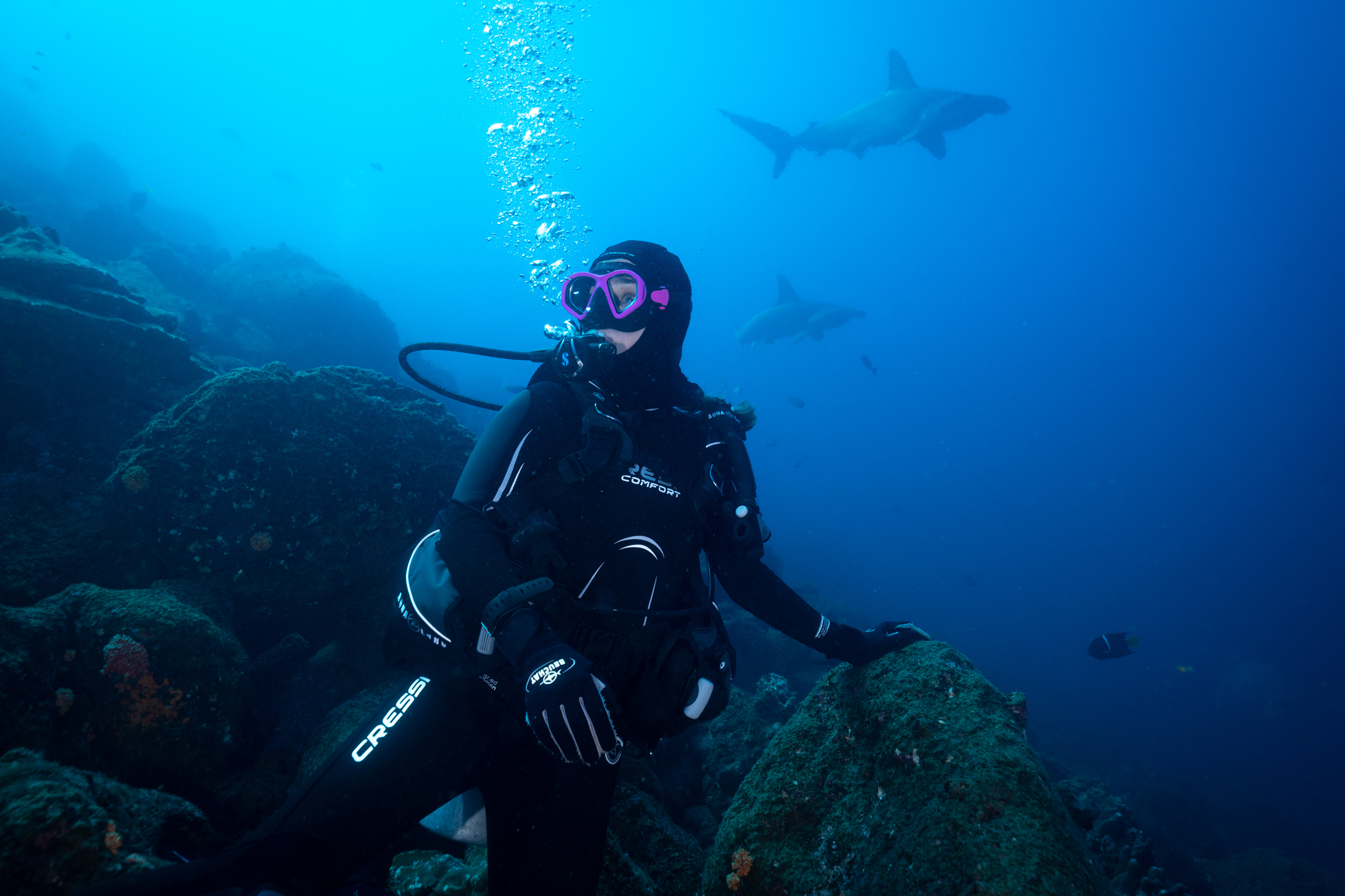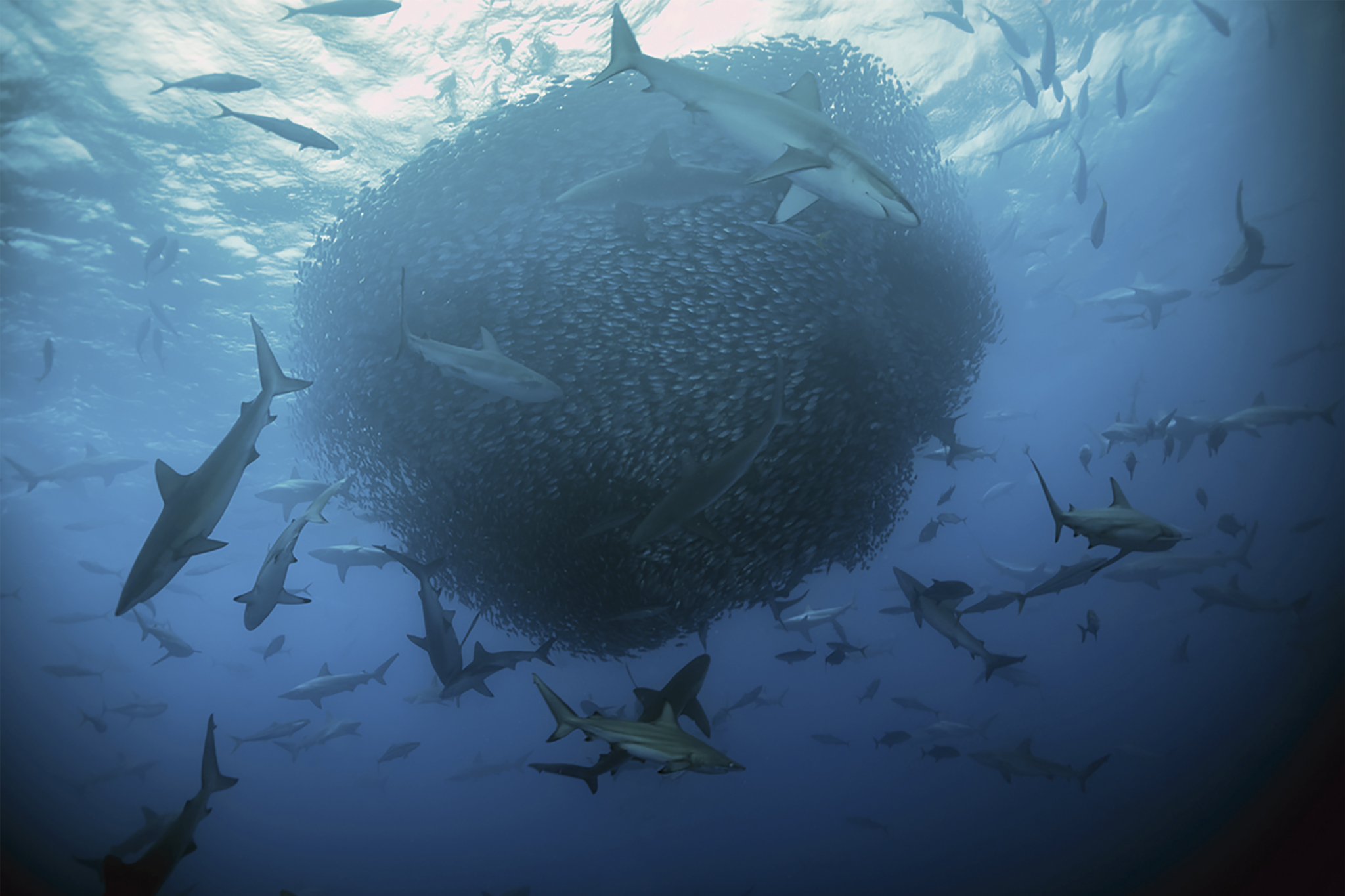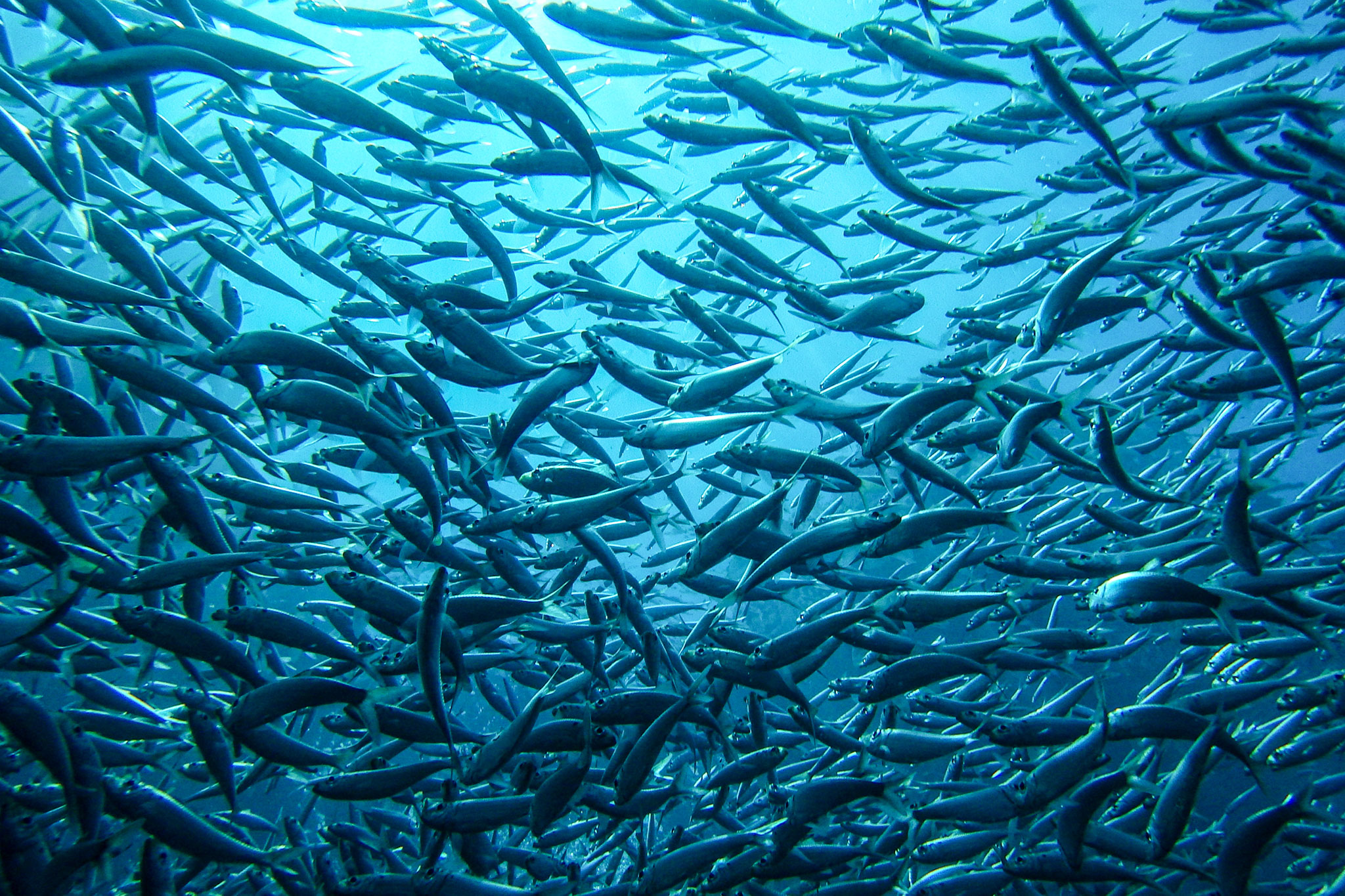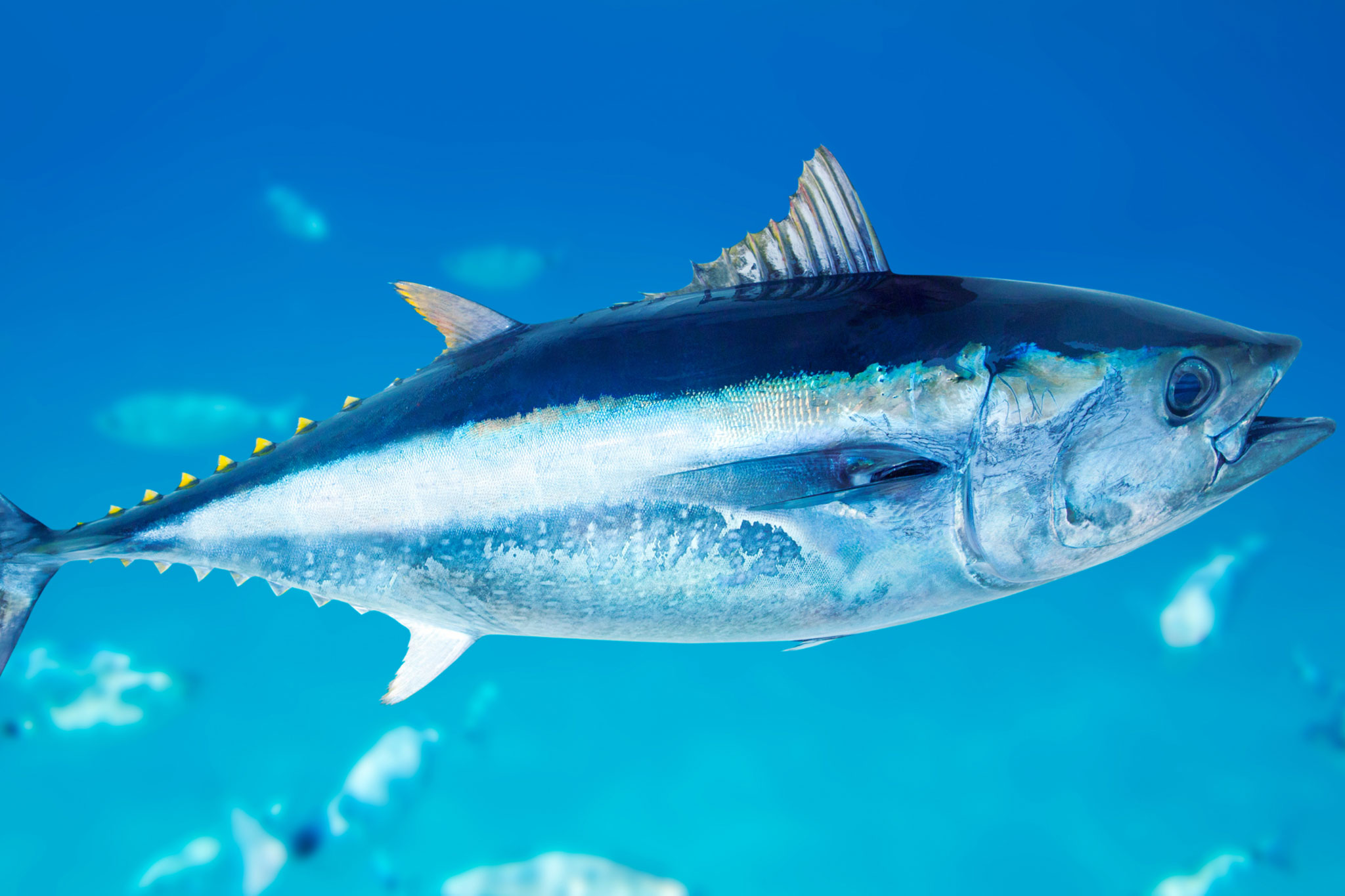Mexico’s Revillagigedo National Park Recognized as Key Component of the Eastern Tropical Pacific Marine Corridor
A growing body of research shows that many of the ocean’s commercially, culturally, and ecologically important species travel over far greater distances than previously realized, underscoring the danger that protection in one area can easily be undermined by vulnerability in another.
With this in mind, Beta Diversidad, a Mexican-based NGO in coordination with the network of marine protected areas of the Eastern Tropical Pacific Marine Corridor and the Mexican government successfully organized the Eastern Tropical Pacific Marine Corridor Summit and International Ocean Conservation Conference in La Paz, Baja California Sur in coordination with the Secretariat of the Environment and Natural Resources and the National Commission of Natural Protected Areas of Mexico.
The events brought people together across the region, including scientists, experts, and park managers as well as representatives the private sector, philanthropy, and government, to explore ways to strengthen technical and financial cooperation at the national and international levels, and learn more about existing initiatives in Latin America, including Mexico’s commitment to strengthen the Eastern Tropical Pacific Marine Corridor.
The event was highlighted by the news that Revillagigedo National Park, Mexico’s largest fully protected marine reserve that safeguards a chain of volcanic islands in the Pacific and the surrounding marine habitat, was formally incorporated as part of the Eastern Tropical Pacific Marine Corridor (CMAR), a voluntary regional cooperative effort initiated by Ecuador, Costa Rica, Colombia, and Panama in 2004 to protect one of the ocean’s most productive and biodiverse regions in the world.
Historically, the marine protected areas (MPAs) around the Galapagos, Cocos, Malpelo, Gorgona, and Coiba have been considered the core areas for the Eastern Tropical Pacific Marine Corridor. However, adding Revillagigedo adds to the growing evidence of greater regional leadership, ambition, vision, and cooperating on marine conservation. Ecuador, Colombia, Panama, and Costa Rica also recently announced plans for an interconnected transboundary network of MPAs.
Including the Revillagigedo National Park as part of the network of marine protected areas of the Eastern Tropical Pacific Marine Corridor recognizes and extends the geographical scope of management coordination further across the region. Such coordination and cooperation will better safeguard the underwater highways for key migratory and endangered species and help deliver the needed connectivity throughout the Eastern Tropical Pacific.
The Blue Nature Alliance is working alongside local partners in support of efforts to expand and implement marine protections in Costa Rica and to implement effective monitoring and enforcement of newly protected waters in Panama, and continues to explore opportunities to work throughout the region.











